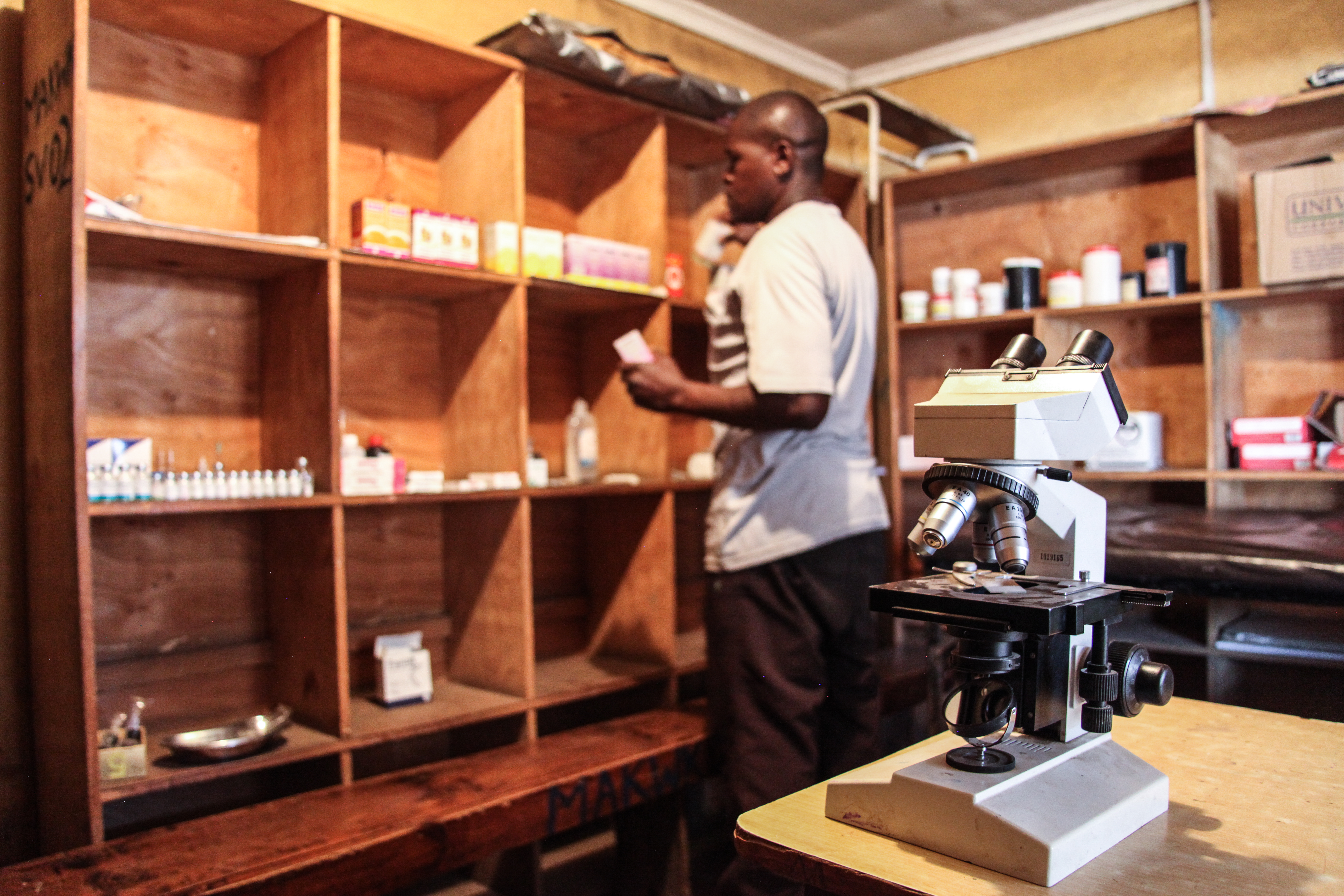
For decades, data has been the buzzword in research communities across different disciplines- its rationale, means of collection and analysis and eventually what it means for the particular study objective and/or the field in general. In recent years however, there has been a data revolution in many parts of the world driven by advances in information technology and a need for research that responds to complex developmental agenda in contemporary contexts. African countries are also experiencing the data revolution, especially within in the Population and Health Sector, in terms of volume, types, sources, frequency and speed of data production. This revolution is allowing African governments, civil society, researchers, and citizens to drive action and monitor progress, with real-time, dynamic, and disaggregated data. This has meant that now more than ever, there is greater population and health information available within the public domain, both in quantity and subject matter.
For instance, most countries in Africa, through their Ministries of Health (MOH), conduct regular national health program reviews every two to three years to improve performance and quality. Program reviews typically use information from country-specific Monitoring and Evaluation (M&E) frameworks, and from various other sources to establish whether the program as a whole or its components are proceeding in the right direction, and producing the desired results consistent with the pre-defined National Strategic Plans or Strategies. In addition to supporting such reviews for health epidemics such as HIV/AIDS, tuberculosis and malaria, countries undertake epidemiological and impact assessments through frequent analyses of available data at national, sub-national and at site level when feasible. This data is then disaggregated demographically in order to improve program implementation, and to identify areas for reprogramming and grant management. These periodic reviews of available data provide an opportunity for stakeholder feedback, promote partnership, mutual accountability, harmonization and alignment among stakeholders, and usually serve as important input for national strategic plans. The in-country dialogue and action planning following such reviews is critical to ensure that bottlenecks in implementation are addressed.
Despite the rapid unfolding of the Data Revolution in Africa, challenges such as coordination, frequency of collection and analysis, quality and cost abound in the collection of accurate and timely data, their utility, use and analytical capacity. However as African countries continue to work towards achieving various national and regional development commitments such as the 2030 Sustainable Development Goals and the 2063 African Union Agenda, it is critical that the population data collected and subsequently the information produced be accurate, relevant, of high quality and public to avoid instances of mis- and dis-information.
The 2030 Agenda recognizes the need to leverage a wide range of data, including earth observation and geospatial data, to review progress against set targets on health and wellbeing. Moreover, there is a need for analytical capacity and data use interventions that increase local demand for reliable health information by program managers at all levels to pause and verify that programs are running as originally planned, assess performance, identify strengths and weaknesses, gaps and priorities, and adjust the program accordingly.
This is critical to improving the effectiveness and sustainability of the health system. While availability of data is fundamental, decision- makers are normally removed from data on the value chain and more interested in information and knowledge than just data. There is need to focus on the transition from data to information and knowledge, including creation of tools for access designed with end- users in mind.
As we mark the 29th African Statistics Day this November, there is need for greater reflection on the important role statistics play in all aspects of social and economic development in Africa. While energies may be spent extolling the virtues of quality data, governments across the continent need to do a lot more to harness the power of data for quality public healthcare. It goes without saying, therefore, that sound policy decisions based on data are only the beginning of the strategy to reap the benefits of a demographic dividend for generations to come and provision of affordable, quality healthcare today.
Indeed, the basic premise of evidence- based decision making is that health data and information lack value unless they are analyzed and actually used at all levels of the health system to inform decisions and provide quality and affordable service.
Authored by Ms. Michelle Mbuthia, Dr. Caroline Kabaria and Dr. Damazo T. Kadengye from the African Population and Health Research Center.
The views expressed in published blog posts, as well as any errors or omissions, are the sole responsibility of the author/s and do not represent the views of the Africa Evidence Network, its secretariat, advisory or reference groups, or its funders; nor does it imply endorsement by the afore-mentioned parties.